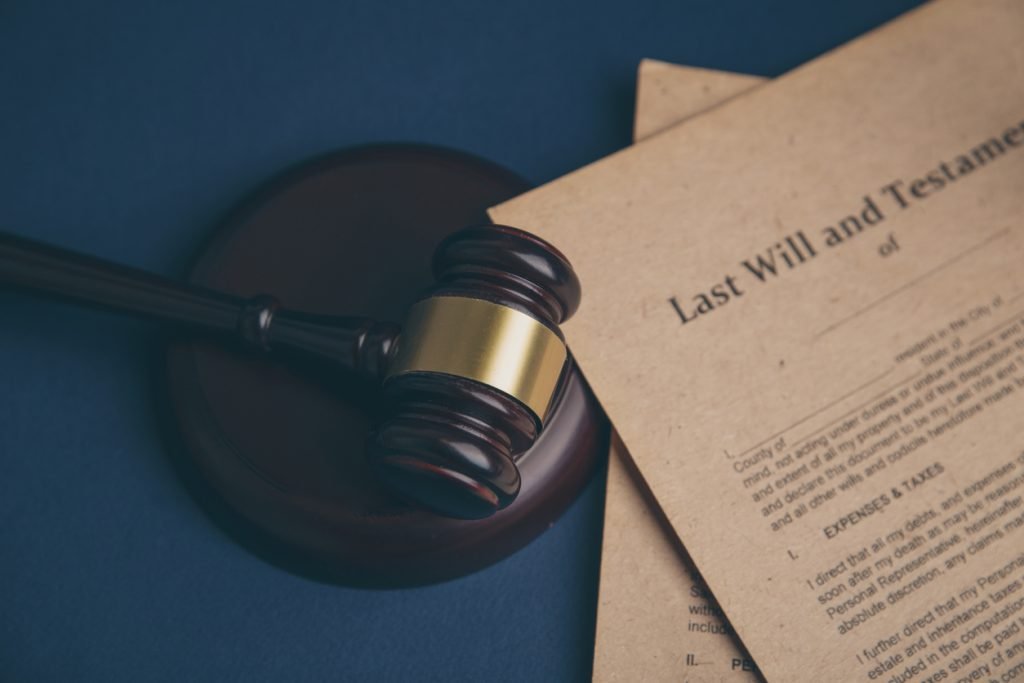Probate & Estates
Probate & Estates
What is Probate & Estate?
Probate and Estates involve the legal process of managing and distributing a person's assets and affairs after their death. This process ensures that debts, taxes, and other obligations are settled, and remaining assets are distributed to heirs and beneficiaries as per the deceased person's will or the laws of intestacy. It also covers matters like guardianship for minors, handling disputes, and overseeing the execution of trusts. Probate and Estates attorneys provide guidance, navigate legal complexities, and ensure a smooth transition of assets according to the decedent's wishes or applicable laws.
Types Of Probate & Estates Cases:
Probate & Estates cases come in many forms. Common causes of Probate & Estates Cases:
Will Probate
Intestate Succession
Estate Administration
Contested Will
Trust Administration
Guardianship
Property Disputes
Why Do I Need A Probate & Estate Lawyer?
You need a Probate & Estate lawyer because navigating the intricacies of managing assets and affairs after someone's passing can be legally complex and emotionally overwhelming. A Probate & Estate lawyer brings specialized expertise to guide you through the probate process, ensuring that assets are distributed according to the deceased's wishes or the laws of intestacy. They handle legal paperwork, address debts and taxes, and facilitate the transfer of property titles.
We Handle All Types Of Probate & Estate Cases
Will Probate - When a person passes away, their will goes through the probate process to determine its validity and ensure proper distribution of assets according to their wishes.
Intestate Succession - If a person dies without a valid will (intestate), their estate goes through probate, and state laws dictate how assets will be distributed among heirs.
Estate Administration - After a person's death, an appointed executor or personal representative manages the estate's administration, paying debts, taxes, and distributing assets to beneficiaries as per the will or intestate laws.
Contested Will - Family members or interested parties may contest the validity of a will, claiming undue influence, lack of capacity, or fraud. These cases often result in court proceedings to determine the will's validity.
Trust Administration - In cases where a decedent created a living trust, the trust administration process involves managing and distributing assets to beneficiaries without going through probate.
Guardianship - Probate courts may appoint guardians for minor children or incapacitated adults to manage their financial and personal affairs.
Property Disputes - Probate and estate cases may involve disputes over property ownership, rights, or usage between heirs, beneficiaries, or third parties.


